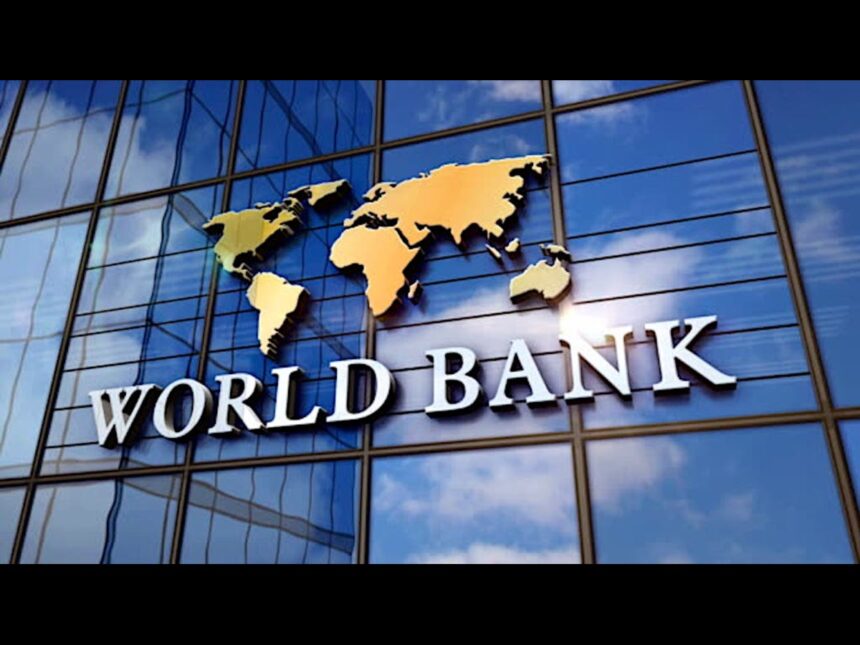…cuts global outlook amid rising trade tensions
The World Bank has maintained its forecast for Nigeria’s economic growth at 3.6 percent in 2025, even as it slashed the global growth outlook due to escalating trade tensions and heightened uncertainty in the global economy.
In its latest Global Economic Prospects report released on Tuesday, the Washington-based institution noted that Nigeria’s GDP will increase slightly this year from 3.4 percent in 2024, with the services sector continuing to lead the country’s growth trajectory.
“Growth in Nigeria is forecast to strengthen to 3.6 percent in 2025 and to an average of 3.8 percent in 2026-27,” the World Bank stated. “Services activity will continue to be the main driver of growth, while the industrial sector will remain constrained by subdued crude oil production as last year’s slight rebound wanes.”
The World Bank attributed Nigeria’s economic performance to sustained improvements in financial services, telecommunications, and a modest recovery in the transportation sector. These areas, combined with a slight uptick in oil output in 2024, helped push the country to its fastest annual growth in over a decade.
This growth momentum is expected to hold despite mounting global headwinds. A key source of concern is the rising wave of trade protectionism, most notably from the United States under President Donald Trump, whose administration has introduced a broad set of tariffs that have disrupted global trade flows and market stability.
Citing these disruptions, the World Bank downgraded its global economic growth forecast for 2025 to 2.3 percent from the 2.7 percent it had projected in January. This marks the weakest performance in 17 years, outside of periods marked by global recessions.
“High levels of policy uncertainty and this growing fragmentation of trade relations are weighing heavily on the world economy,” said Indermit Gill, Chief Economist of the World Bank Group.
The Bank’s revised outlook comes amid sweeping tariff measures by the U.S., including a 10 percent blanket tariff imposed in April 2025 on imports from nearly all its trading partners. Although the U.S. has temporarily suspended many of these tariffs until early July, the uncertainty surrounding trade relations—especially with China—continues to dampen investor confidence and global growth prospects.
While the U.S. and China have agreed to a temporary pause in their ongoing trade dispute, previous rounds of tit-for-tat tariffs had already taken a toll on global commodity markets. Crude oil prices have fluctuated in response to these developments, with Brent crude trading at $66.81 per barrel and West Texas Intermediate (WTI) at $64.98 as of Wednesday morning.
Despite Nigeria’s modest reliance on oil for economic output, the country remains vulnerable to external shocks such as global commodity price fluctuations and the broader impact of trade-related uncertainty on investment flows and fiscal stability.
Looking ahead, the World Bank projects that global GDP growth will average just 2.5 percent through the remainder of the 2020s. If realized, that would make this the slowest decade for global economic growth since the 1960s.
Nevertheless, Nigeria’s resilience, driven by a diversified services sector and ongoing reforms, provides a cautiously optimistic outlook amid a challenging international landscape.
The report underscores the importance of domestic policy stability and sectoral reforms in shielding emerging economies like Nigeria from the ripple effects of global volatility.
ALSO READ TOP STORIES FROM NIGERIAN TRIBUNE






